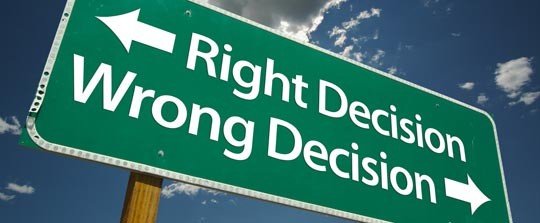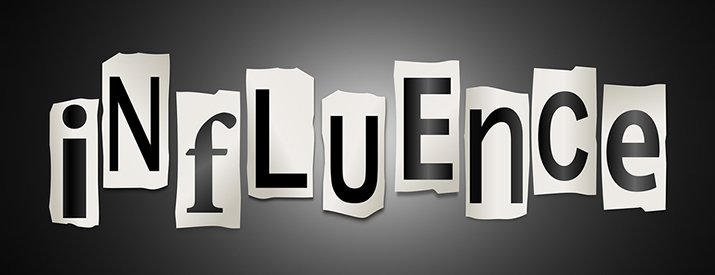Anxious Politicians Are Hoping To Find Moral Considerations

Image Source
The Olympian point of withdraw is famously so remote and inaccessible that the method of reasoning of truly carrying on the business of politics stops to be aggravated by any moral second thoughts or any sense of non-political costs whatsoever. Better than average political existence lies somewhere close to that and a crazy inability to perceive that if politics is to exist as an activity at all, some moral considerations must be required to escape its way.
In the event that that space is to have any expectation of being possessed, we have to clutch the idea, and to discover a few politicians who will clutch the idea, that there are actions which remain morally disagreeable notwithstanding when politically legitimized. The point of this isn't at all that it is illuminating to have politicians who, while as merciless in real life as others, are unhappy about it. Sackcloth isn't reasonable dress for politicians, in particular effective ones.
The point is that lone the individuals who are hesitant or reluctant to do the morally disagreeable when it is really important have much possibility of not doing it when it isn't essential.
There are two distinct reasons for this. First, there is no disposition which just comprises in hitting the nail on the head unfailingly, regardless of whether in politics or in anything else. Regardless of whether judgment is all around exercised, whether quick moral objections are given the correct weight, or any, against extensive long haul issues, is, on any sensible view of those processes, something that includes examples of sentiment and reaction.
In a body of people considering a down to earth question, it essentially includes their common dispositions and their mutual desires, what considerations can be heard, what sort of dithering or capability or obstacle it is fitting or compelling to specify. A habit of hesitance is a basic obstacle against the happy acknowledgment of the insufferable.

Image Source
The second reason is that hesitance in the fundamental case, isn't just a helpful habit, however a right reaction to that case, since that case involves a real moral cost. The way that hesitance is legitimized even in the vital case is in truth something that clarifies the nature, and the value, of the habit of hesitance which was engaged in the first reason. It typifies a sensibility to moral costs.
Utilitarianism, which wants to speak to habits of hesitance, can't in certainty comprehend them at this level, since it does not have any sense of moral cost, rather than costs of some other kind which must be considered in touching base at the moral choice. Utilitarianism has its uncommon reasons for not understanding the thought of a moral cost, which are associated with its augmenting conceptions, however substantially other moral philosophy shares that inadequacy.
However it is an idea profoundly dug in many individuals' moral consciousness. Why so many moral philosophers figure out how to overlook it is a harder question, and maybe a more profound one, than why a few politicians do. Assuming at that point, there can be agents who along these lines have good moral reason to do things which they have good reason to think are, and remain, morally distasteful, a way of understanding their situation may be to consider it to be one in which the agent has some extraordinary relationship to parties included, which will give him a honorable motive for overruling his objections to such acts.
This is the model which Charles Fried has connected to the case of the lawyer who is required for the benefit of his client to do things one would not feel morally very much arranged towards doing, for example, bugging witnesses or squeezing a formal preferred standpoint of well-off people against the imperative interests of less fortunate people. Fricasseed conjures in this association the relationship of friendship, modeling the lawyer's relationship to his client on the sort of personal relationship which would be broadly recognized to allow or even require takeoffs from what might some way or another be the demands of fair-mindedness.

Image Source
Fricasseed honestly raises and stands up to the problem, yet it is difficult to be persuaded by the model that he has presented as a powerful influence for it. For one thing, one isn't paid to be someone's friend, for another, the honorable man who is in question won't not be relied upon to have friends who resemble a portion of the lawyer's clients, or who anticipate that he will do what a portion of the lawyer's clients anticipate that he will do.
There are a few analogies to an uncommon relationship model in politics, while politics includes loyalities or allegiances which expect one to be something other than unprejudiced. Be that as it may, while there are a few allegiances of this kind, to nation or gathering or electorate, and they assume some part, they are not satisfactory, any more than a personal relationship to the client in the legal case, to cover the full range of these issues.
Or maybe, the legal case promptly proceeds us an alternate sort of question which isn't just a helpful question to ask yet in addition, the valuable question to ask in these associations, what sort of system does one need, and what sort of disposition does one need in the individual acting? We at that point need to think about how the answers to these questions can be blended, in the light of the question, what dispositions does the system require or support?
The case of the law brings up some interesting issues in this association. One needs to solicit how the coveted item from legal activity, justice, is identified with an adversarial system, and to what degree the sorts of behavior that worry Fried are energized or required by such a system. That is, truth be told, just the begin of the problem, for if the adversarial system prevails with regards to creating justice, one factor in that must be the nearness of a judge, and judges are lawyers, and usually previous promoters. The judicial disposition isn't the same as the adversarial disposition, however as our system of enlistment for judges works, the one has by one means or another to issue from the other.

Image Source

Reference:
Moral Luck
By: Bernard Williams
Politicians are bunch of looters. They just don't care about any other thing rather then their own selves :/
Agree. But there are those who pretend to be like they wanted to serve the people but deep in their hearts, something is hiding. There's no such thing as service to the people. That desire is driven by its personal interest to acquire wealth.
Thanks for your work @juvyjabian Followed ... I'm starting to read it now. I wish you continued success. I will continue to follow you. Take care of yourself, my dear friend.
Same to you.
hello my dear @juvyjabian my past share and the first comment on this share. Did I deserve the prize :) .@juvyjabian I'm joking: D. I'm really trying to read every share of them. You're making a lot of effort. I wish you continued success. Now I'm going to watch your share. Good bye for now @juvyjabian :)
Glad you like it
hello good user. Hello again dear friend . I believe that this is a very beautiful sharing. I have not Reading yet, so I wanted to write a comment. I already sent it upvote, resteem. I wish the continuation of your success . I'm excited to Reading. I'm leaving now for her. good bye my dear dear friend :)
Hello my friend . You're really your good and researcher. It's good to follow you. I have not Reading the text but I am sure it is a beautiful and good subject. I wish you continued success. I wish this shape continues to be beautiful. Good bye my dear friend.
Congratulations @juvyjabian! You have completed some achievement on Steemit and have been rewarded with new badge(s) :
Click on any badge to view your own Board of Honor on SteemitBoard.
For more information about SteemitBoard, click here
If you no longer want to receive notifications, reply to this comment with the word
STOP